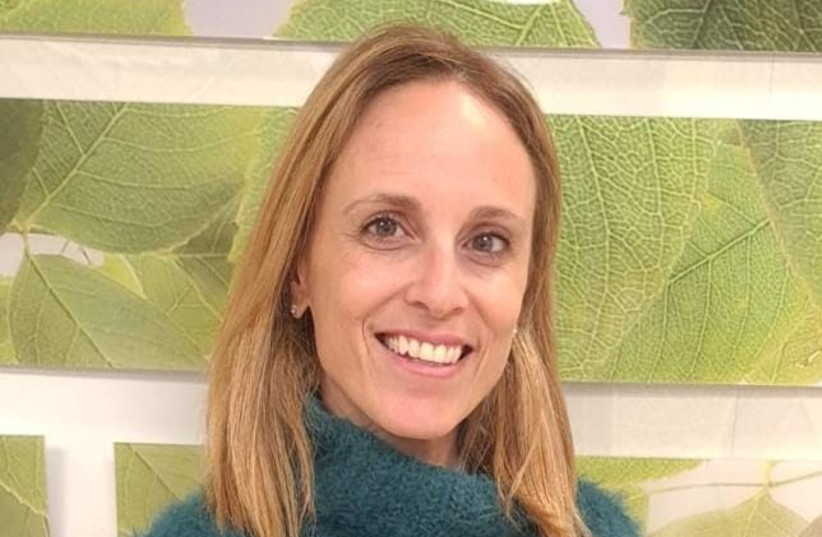Jerusalem’s Shaare Zedek Medical Center (SZMC) has begun a first-of-its-kind pilot in the world of giving an injection to reduce the risk of breast cancer. When the results are compiled, the treatment could provide an alternative to the prophylactic mastectomy procedure that women carrying the BRCA1 gene mutation are required to undergo.
Women diagnosed as carriers of a mutation in the BRCA1 gene – who are at an 80% risk of eventually developing breast cancer – will receive a preventive injection twice a year that may achieve a reduction in coming down with the disease and without surgical intervention.
The innovative method is based on studies carried out by a pair of researchers from Australia and Austria in animal models in the lab that showed a reduction of nearly 40% in the incidence of breast cancer. The technology is based on prior knowledge of a molecular process – a pathway called RANK – that has been adopted from the world of osteoporosis in which patients suffering from this disease are injected with an antibody that inhibits cells that break down the bone.
As SZMC’s Institute of Medical Genetics is among the leading research centers in Israel and around the world in the field of inherited breast cancer, it was chosen to be the Israeli center that will lead the research here alongside the major centers in other countries including Austria, Spain, England, Germany, France, the US and Australia.
The researchers discovered that the antibody inhibits not only cells that break down bone but also cells involved in the development of breast tumors. The antibody will be injected into BRCA1 carriers twice a year by subcutaneous injection in the arm. In the previous stages of the experiment they conducted in the lab, it was found that the injection reduces the risk of getting breast cancer. “We hope to achieve a 40% reduction in developing the disease without any surgical intervention.”

Who carries BRCA1 in Israel?
There are tens of thousands of BRCA1 carriers in Israel, and recently due to the introduction of a genetic test as a screening test, more and more carriers with this defect are being discovered.
Despite the recommendation, most healthy pregnant women in Israel do not wish to undergo a mastectomy. Israeli women tend to avoid this procedure for various reasons – possibly involving the desire to give birth and breastfeed their baby, a desire to preserve the feeling of femininity, or a host of other reasons. Thus, they remain unanswered, and every year perform mammography with great anxiety since it is clear to them that it is only a matter of time until the cancer is discovered.
Dr. Rachel Michaelson Cohen, coordinator of prenatal genetic diagnosis at the hospital’s Genetics Institute; Clalit Healthcare Services, the Hebrew University of Jerusalem, and Ben-Gurion University of the Negev in Beersheba recently published an article on the medical and economic advantages of introducing BRCA screening for the health basket. The work that this group performed was the one that led to the introduction of the state-funded test.
In Israel, tens of thousands of women are diagnosed with a BRCA1 gene mutation and undergo a breast MRI examination once a year for the early detection of breast cancer and a mammogram once a year. But this is early detection and not prevention.
The only effective solution offered for them to reduce the risk of breast cancer as of today is a mastectomy. This procedure is complex because it may involve pain, surgery for implants, and sometimes mental aspects such as a decrease in the feeling of femininity.
Breast and ovarian cancers were the number-one cause of death in women in 2019. Thanks to the expansion of screening tests by the Health Ministry, more and more carriers are being discovered.
The hope is to provide an alternative to the complex surgery when this alternative will also be able to reduce the incidence of breast cancer, which unfortunately is increasing in Israel and around the world."
